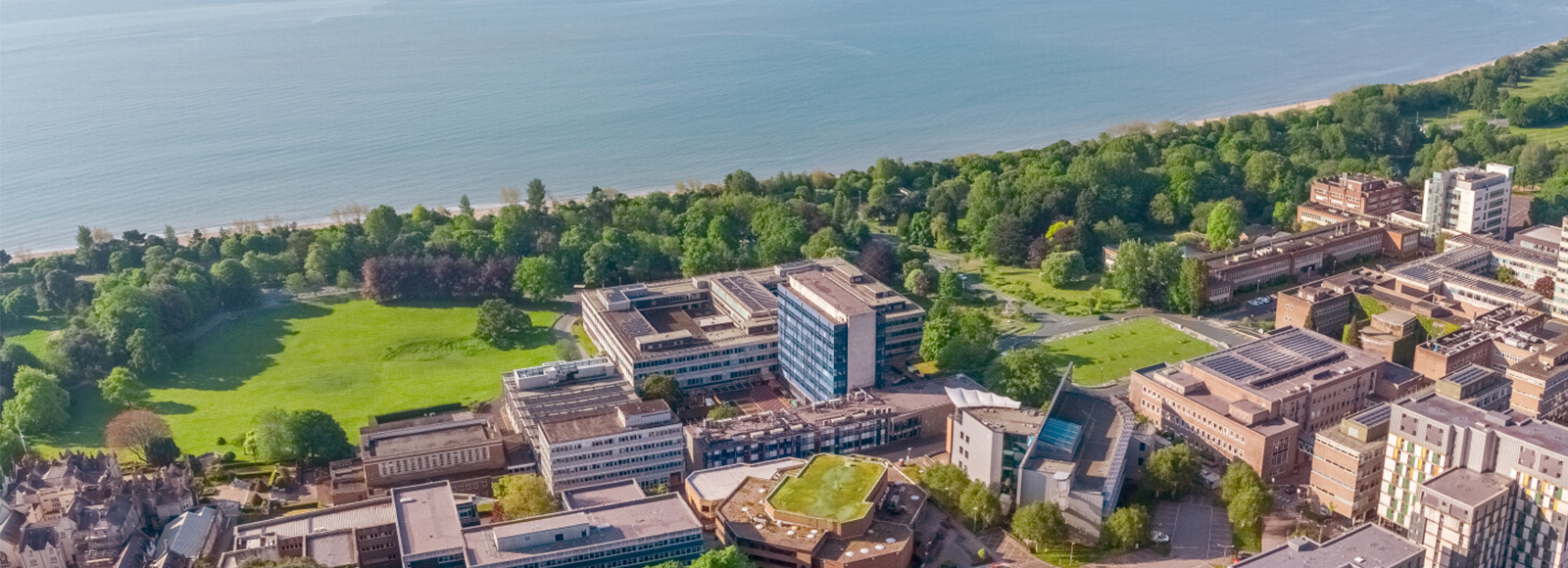- ...
Masters Compare - Find your perfect masters course.


Closing date: 22 May 2024
Funding providers: Swansea University's Faculty of Medicine, Health and Life Science
Subject areas: Audiology, Psychoacoustics, Signal Processing, Psychology, Engineering, Computer Science
Project start date:
Project supervisors:
Aligned programme of study: PhD in Health Science
Mode of study: Full-time
Project description:
The Faculty of Medicine, Health and Life Science is pleased to offer a fully-funded scholarship for a full-time doctoral student.
The scholarship includes tuition fees and a stipend – reviewed annually at the UKRI standard rate – and a £1,000 annual training allowance to support immersive training experiences, conference attendance, engagement with industry and international collaborative opportunities.
The scholarship is offered for a maximum period of three years; students are expected to submit their theses within this timescale.
Hearing loss is common in the UK, with one in five of the population living with some form of hearing impairment. Hearing aids (HAs) provide a partial solution to the problem, but the performance of the HA when the wearer is in a noisy environment is often lower than expected, because of a poor signal-to-noise ratio (SNR).
One of the best strategies used for improving the SNR is a directional microphone (DM), which provides reduced sensitivity for sounds from behind and to the side of the listener. Modern developments have resulted in two HAs being able to communicate with each other and improve this directional sensitivity (referred to as binaural beamforming, BB). In laboratory settings BB reveals significant benefit in speech intelligibility in noise, but this is not reflected in the patient reported outcomes. Why is there a discrepancy between these two measures on BB performance and how may this inform device/software design? Through simulation (headphones) and more realistic means (loudspeakers), measures of spatial hearing performance of HA users, using different DM settings, will be investigated. This gives Improved intelligence on barriers to BB benefits and target improved performance of HAs users in complex listening environments.
Informal scholarship enquiries from applicants to prospective supervisors – prior to the application deadline – are warmly encouraged; please direct these to the relevant member/s of faculty staff.
For more information please see here: https://www.swansea.ac.uk/postgraduate/scholarships/research/health-science-su-phd-investigation-2023-rs622.php?utm_source=postgraduatestudentships&utm_medium=scholarship&utm_campaign=postgraduate24&utm_content=pgr
Candidates must hold a UK bachelor’s degree with a minimum of Upper Second Class honours or overseas bachelor’s degree deemed equivalent to UK honours (by UK ECCTIS) and achieved a grade equivalent to UK Upper Second Class honours, and a master’s degree. Alternatively, applicants with a UK First Class honours degree (or Non-UK equivalent as defined by Swansea University) not holding a master’s degree, will be considered on an individual basis. You can check our comparison entry requirements (see country specific qualifications). Please note that you may need to provide evidence of your English Language proficiency.
English Language: IELTS 6.5 Overall (with no individual component below 6.5) or Swansea University recognised equivalent. Full details of our English Language policy, including certificate time validity, can be found here.
This scholarship is open to candidates of any nationality.
If you have any questions regarding your academic or fee eligibility based on the above, please email pgrscholarships@swansea.ac.uk with the web-link to the scholarship(s) you are interested in.
This scholarship covers the full cost of tuition fees and an annual stipend of £18,622.
Additional research expenses will also be available.
For more information and details of how to apply please see here: https://www.swansea.ac.uk/postgraduate/scholarships/research/health-science-su-phd-investigation-2023-rs622.php?utm_source=postgraduatestudentships&utm_medium=scholarship&utm_campaign=postgraduate24&utm_content=pgr
This scholarship is open to candidates of any nationality.

Discover a range of postgraduate research funding opportunities at Swansea University Now more than ever, we recognise the importance of offering a ...